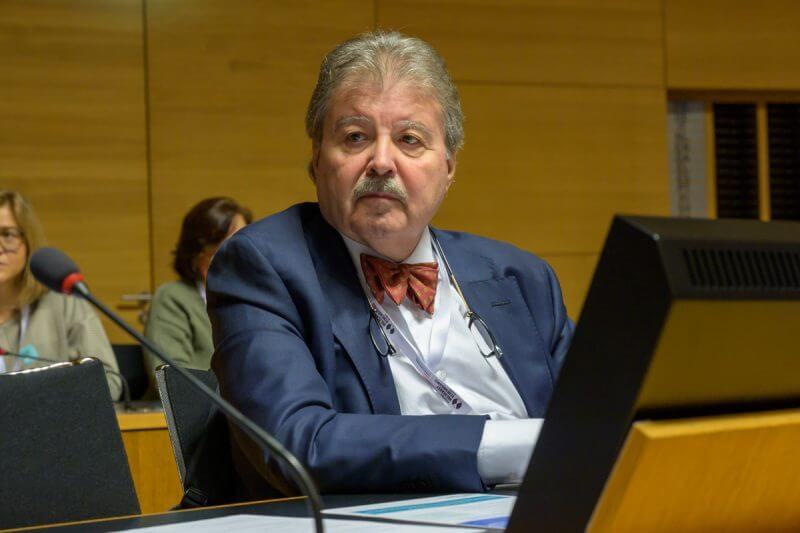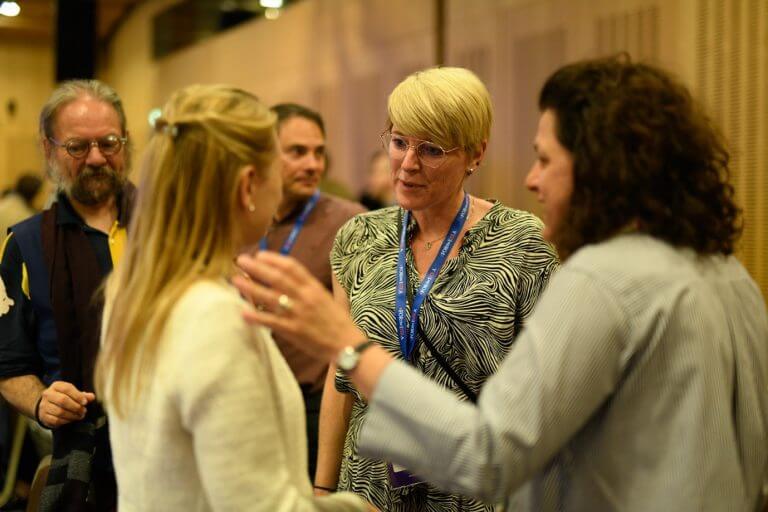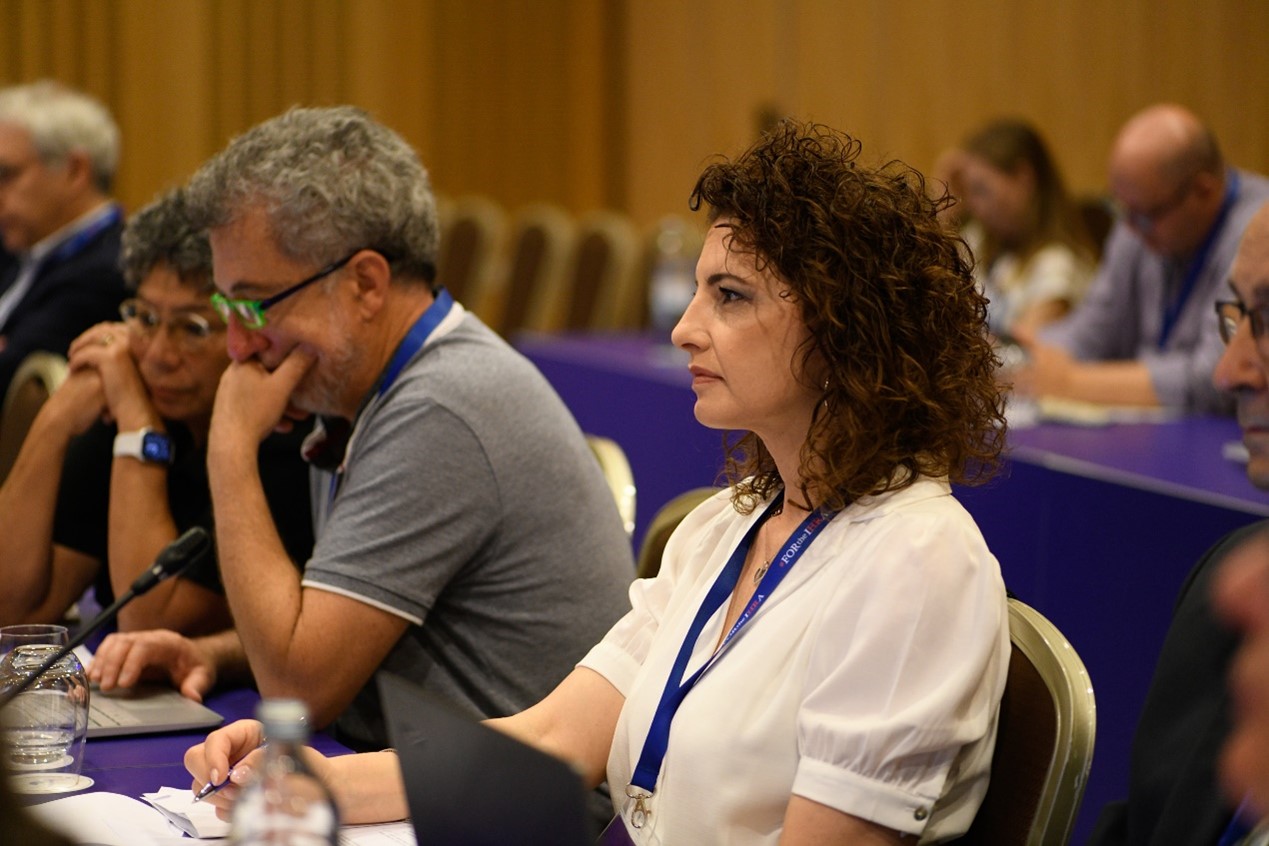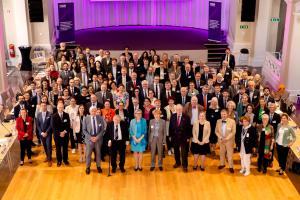


Building political commitment at the Dubrovnik Plenary
“When I came to my first meeting, I realized that not only was I the Head of Delegation, I was the sole member of the delegation.” Luiz Barreiros has been the Portuguese Head of Delegation for 10 years, and when he was first asked to join, he confesses, he didn’t know much about the IHRA. For him, the process of strengthening relationships started early, and what better place to begin that process than gathering with other Member Countries for a full four days packed with discussion and action.
The IHRA Plenaries provide a place for Member Countries’ experts and those working at the political level to discuss contemporary challenges facing remembrance, education, and research of the Holocaust and Roma Genocide. By meeting face to face at the Plenary, experts can learn from each other. But the purpose of the IHRA goes beyond that — as an intergovernmental organization, all our member countries have committed to planting the seeds of a better future amidst the soil of a bitter past. This means that delegates not only have a responsibility to share their learning with each other, but to take it back with them, and to strengthen the political commitment of their governments, to ensure that future generations can understand the causes of the Holocaust and reflect upon its consequences.
The most important thing to realize about this task, says Portuguese Head of Delegation Luiz Barreiros, is that there’s really no such thing as a one-size fits all approach.
“I come from a country where the Holocaust did not take place,” says Luiz. “Where there were no camps, no trains to Auschwitz.” But although Portugal does not have to grapple with a history of governmental culpability, he stresses, doesn’t mean that there are no challenges. Other myths and prejudices still have a large impact on the way this history is seen by wider society.
Every country is affected in its own way. Antisemitism, antigypsyism, and Holocaust denial and distortion are issues that the IHRA deals with that affect every society and are crucial for all of us to confront. The Plenary is a place where we can learn from other experts about these topics and bring back expertise that helps us face issues in our own unique national contexts.
The theme of localization has come up in many ways at the Dubrovnik IHRA Plenary. Not all IHRA Member Countries contain sites of the Holocaust, and each country’s relationship to this history is unique. Any approach needs to be tailored and nuanced, taking into account the historical relevance, cultural significance, and specific national context to have a real impact. Combatting Holocaust denial and distortion, for example, requires looking at the specific distorted narratives that are popular in each particular place.
Sensitizing colleagues back home and bringing more attention to these issues is a long-term project, as Luiz explains, “we have to work slowly but steadily on this every day.”
It’s one of the reasons why both translating and implementing IHRA resources into local languages is so important. The Teaching Recommendations on Teaching and Learning about the Holocaust, launched in 2019, have been translated into 22 languages. Of these, the Portuguese recommendations have been viewed thousands of times. The thing is that translation is only the first step. When these resources are used in local contexts, they are able to have real impact. This is one way of strengthening political commitment: continuing to bring these resources to the relevant ministries, sensitizing them to these issues.
In the ten years since Luiz became Portuguese Head of Delegation, he has gained a wealth of knowledge from the Plenary Meetings. Seeing how other delegations worked helped Luiz to build his own delegation from scratch, working with local ministries and keeping in mind that “the IHRA needs all sorts of people to function.” When it comes to advice for new delegates, or new Heads of Delegation attending future Plenaries, the main piece of advice from Luiz is “to listen, to keep your eyes and ears open.”
Sign up to our newsletter to
receive the latest updates
By signing up to the IHRA newsletter, you agree to our Privacy Policy




